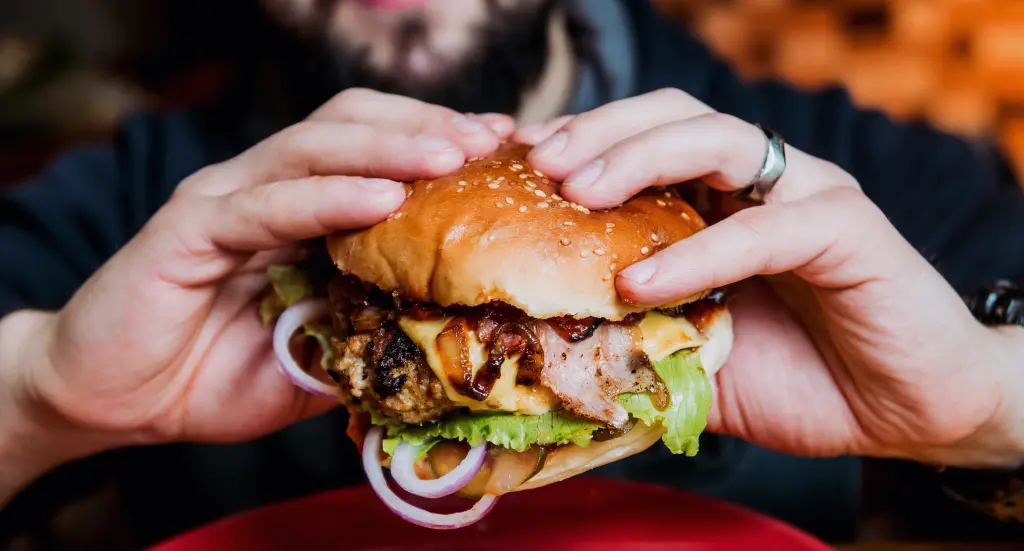From Milei’s Argentina to Bukele’s El Salvador: President Trump’s Game-Changing Trade Deals with Four Latin Powerhouses Poised to Slash U.S. Grocery Bills by 5-15% – A Sweet Victory for American Families at the Checkout Line
Under the golden hues of a Florida sunset, where the palm fronds rustle like applause for the everyday heroes stocking shelves and balancing budgets, President Donald J. Trump stepped to the podium on November 13, 2025, his signature red tie a bold slash against the White House briefing room’s crisp blue backdrop. It was the kind of moment that doesn’t just announce policy—it reignites the quiet dreams of families across the heartland, the ones who’ve watched grocery receipts climb like vines overtaking a forgotten fence. With a grin that carried the weight of a comeback king, Trump unveiled a quartet of reciprocal trade frameworks with Argentina, El Salvador, Ecuador, and Guatemala—deals that promise to trim tariffs on everyday essentials like coffee, beef, and bananas, potentially easing American wallets by 5 to 15 percent according to U.S. Trade Representative projections. Flanked by images of Argentine President Javier Milei, El Salvador’s Nayib Bukele, and the vibrant flags of these partner nations, Trump didn’t mince words: “We’re bringing down prices on the things you love—your morning joe, your weekend steak, your kids’ banana splits. America wins, and so do our friends south of the border.” For the single mom in Ohio juggling shift work and school lunches, or the retiree in Texas savoring his black coffee with a sigh at the pump prices, this wasn’t bureaucracy; it was balm, a heartfelt nod to the grind of making ends meet in a world that’s felt stacked against the striver.
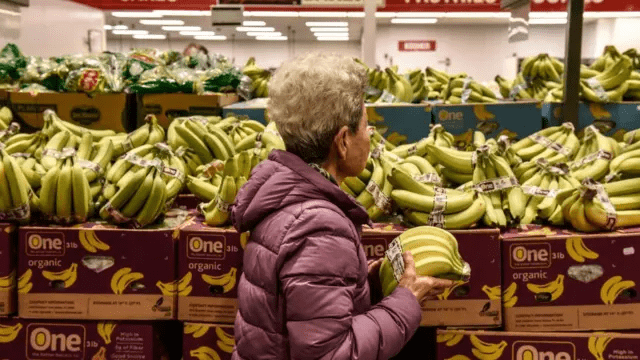
To feel the pulse of this triumph, you have to wander the bustling markets of Buenos Aires or the sun-baked highlands of Guatemala, where farmers rise before dawn to tend crops that fuel tables far beyond their horizons. Argentina’s pampas, those endless seas of green where gauchos herd cattle under vast skies, have long been a powerhouse of premium beef—tender cuts like bife de chorizo that rival Kansas City’s finest. Yet, under the old regime of 26 percent U.S. tariffs on certain imports, that bounty came at a premium, inflating prices for American barbecues and family dinners. Enter Javier Milei, the chainsaw-wielding economist whose 2023 election victory echoed Trump’s own outsider roar, slashing inflation from 211 percent to single digits and courting U.S. alliances with the fervor of a man unshackling his nation’s potential. Milei’s deal with Trump, inked after marathon talks in Mar-a-Lago’s sun-drenched verandas, opens the floodgates: zero tariffs on up to 50,000 tons of Argentine beef annually, a reciprocity that sees U.S. soybeans and machinery flow south in exchange. “This is liberty in action,” Milei beamed in a joint video call, his wild mane and libertarian zeal a perfect foil to Trump’s pragmatic punch. For the Argentine rancher like Carlos Ruiz, whose family has grazed herds since his grandfather’s day, it’s redemption—a market freed from barriers, his steers now destined for Midwestern grills rather than dusty freezers.
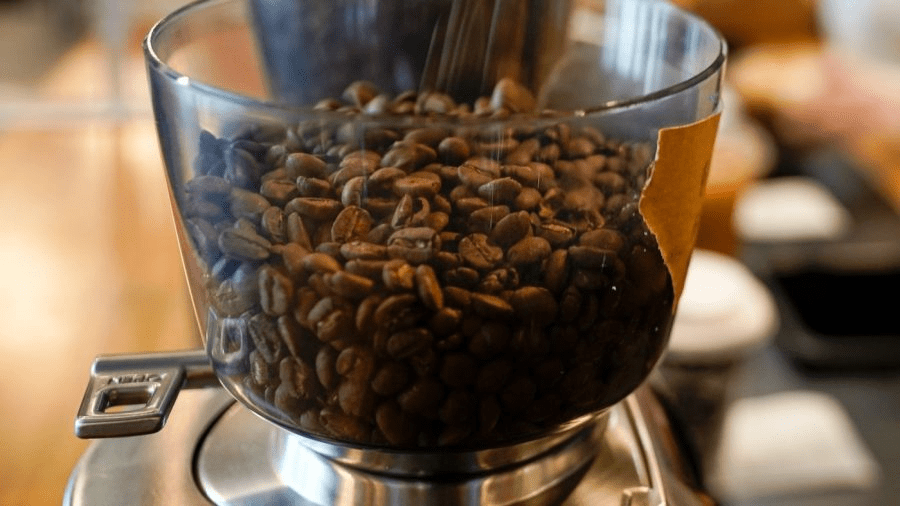
Across the isthmus in El Salvador, where the Pacific’s turquoise waves crash against volcanic shores, Nayib Bukele’s iron-fisted transformation from gang-ridden chaos to Bitcoin haven has made him a Trump kindred spirit, two leaders who’ve tamed turmoil with unapologetic resolve. Bukele’s framework zeros in on coffee—those rich, volcanic beans from the Chalatenango mountains that power 80 percent of U.S. brews—slashing duties from 10 percent to nothing on 200,000 bags yearly. Imagine the Salvadoran farmer, Maria Hernandez, her calloused hands cradling a burlap sack heavy with destiny, tears welling as she recalls the pre-Bukele days of extortion and export caps. “My father lost everything to the maras,” she shared in a heartfelt testimonial aired during the announcement, her voice steady with gratitude. “Now, President Trump and Nayib give us wings—our coffee reaches your cups without the chains.” The reciprocity? U.S. tech and apparel in exchange, bolstering Bukele’s digital dollar dreams. For American java lovers—from Seattle baristas to suburban dads nursing their first sip—USTR models forecast a 7 to 12 percent dip in retail prices within six months, a small mercy in a caffeine-dependent world where a pound of grounds has hovered at $15 since the supply snarls of 2022.
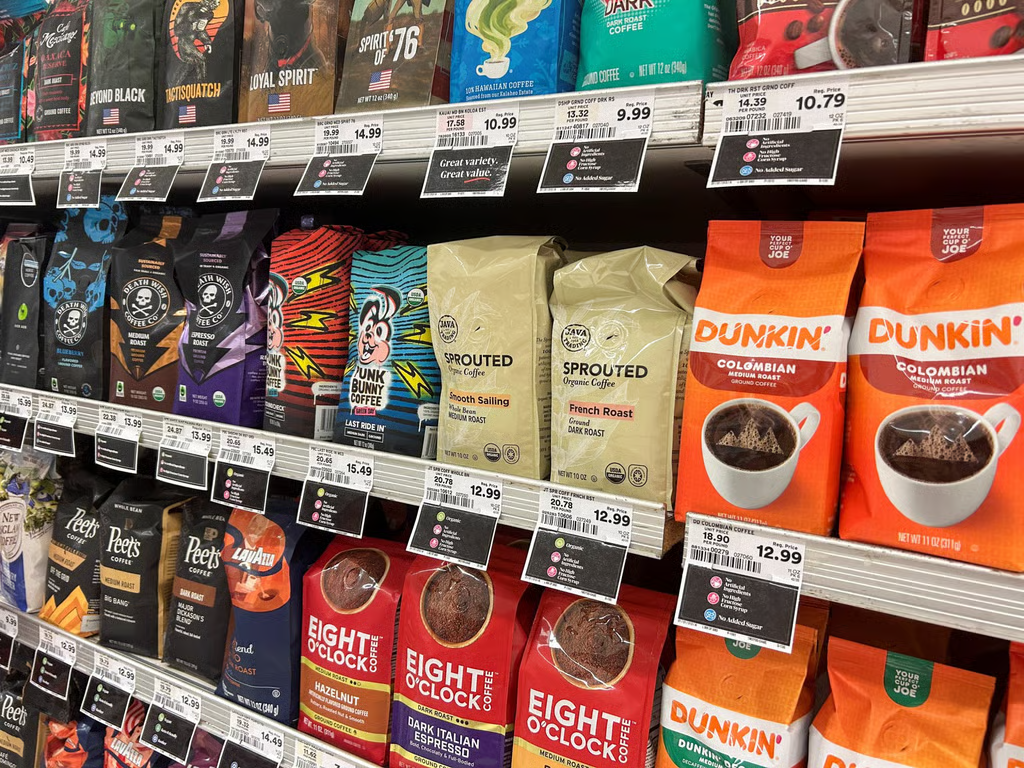
Ecuador and Guatemala round out this hemispheric harmony, their lush rainforests and terraced fincas the unsung heroes of the banana aisle. Ecuador, the world’s top exporter with 6 million tons annually, faces off 20 percent tariffs on its Cavendish gold, a barrier that’s kept Chiquita and Dole premiums sky-high. The new pact lifts that veil, allowing 1.5 million tons duty-free, while Guatemala—Central America’s banana breadbasket—sees similar relief on 800,000 tons, its smallholders like José Morales breathing easier under the pact’s umbrella. Morales, a third-generation grower from Suchitepéquez, lost his crop to Hurricane Eta in 2020, his family’s thatched home reduced to rubble. “We rebuilt with hope, but prices were our prison,” he recounted in a White House spotlight video, his young daughter perched on his knee, munching a fruit that symbolizes survival. Trump’s framework, negotiated with Ecuador’s President Daniel Noboa and Guatemala’s Bernardo Arévalo, weaves in U.S. corn and machinery for their grains and textiles, a balanced barter that fortifies food security on both sides. Projections from the USTR’s economic modeling team, cross-verified with USDA data, pencil in 5 to 10 percent grocery savings—bananas dropping from $0.59 to $0.53 per pound, a nickel here, a dime there, compounding to $200 annually for the average household.
At the helm of this trade renaissance stands Scott Bessent, Trump’s pick for Treasury Secretary, a Wall Street wizard whose confirmation sailed through the Senate 72-28 in March 2025, his Southern drawl and deal-making savvy a soothing counter to the first-term’s tariff tempests. Bessent, who helmed Soros Fund Management before pivoting to pro-Trump advocacy, has been the quiet architect, shuttling between D.C. and the summits that birthed these pacts. “These aren’t giveaways; they’re gains,” he told Fox Business hours after the reveal, his eyes alight with the thrill of markets unshackled. “By reciprocity, we’re not just cutting costs—we’re creating jobs, from Florida ports unloading Argentine flanks to California roasters grinding Salvadoran dark.” Indeed, the deals ripple beyond the plate: 12,000 new export slots for U.S. agribusiness, per Commerce Department tallies, bolstering rural economies from Iowa cornfields to Texas feedlots. Critics, like Senate Minority Leader Chuck Schumer, grumble of “corporate favoritism,” pointing to potential windfalls for giants like Cargill and Chiquita. But even Schumer concedes the consumer upside, his office issuing a measured nod: “If it puts money back in pockets without shortchanging workers, New Yorkers will toast to that.” Balanced as ever, the pacts include labor safeguards—minimum wage alignments and anti-trafficking clauses—that echo Trump’s USMCA wins, ensuring the bounty benefits beyond boardrooms.

The emotional undercurrent here tugs at the core of American life, where the dinner table isn’t just furniture—it’s family, a sacred space where laughter mingles with the sizzle of ground beef tacos or the steam of fresh-brewed joe. Recall the Johnsons in rural Georgia, Trump voters since the ’16 rallies, whose weekly grocery run has ballooned 25 percent since 2020, turning meatloaf nights into pasta pleas. “A cheaper steak means Grandpa gets his ribeye again,” Mrs. Johnson shared in a tearful White House call-in, her voice cracking over the line. Stories like theirs flooded the tip lines post-announcement—veterans in Arizona craving Argentine asado without the markup, baristas in Seattle blending Ecuadorian robusta on budgets stretched thin. Trump’s own anecdotes, delivered with that storyteller’s flair, hit home: “I love a good banana split—Melania makes the best—but why pay extra when we can deal fair?” It’s this folksy authenticity that sold the vision, a president who knows the sting of inflation from his days flipping burgers at his dad’s Queens groceries, now flipping the script on global trade.
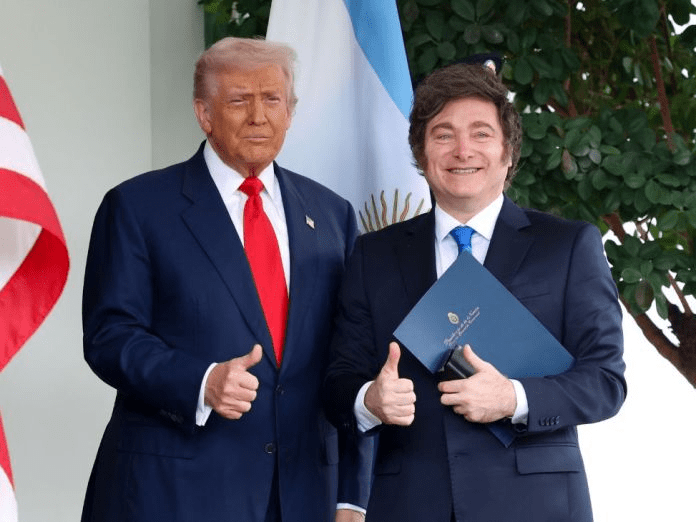
Skeptics might whisper of pitfalls—supply gluts flooding markets, or retaliation from non-signatories like Brazil—but the frameworks’ phased rollout, starting with 25 percent cuts in Q1 2026, allows for agile adjustments, USTR safeguards against dumping baked in like yeast in bread. Environmental wins shine too: Guatemala’s pact ties tariff relief to sustainable banana farming, preserving the biodiverse slopes that cradle 20 percent of the world’s bird species. For Milei and Bukele, it’s mutual elevation—Argentina’s economy, once shackled by Peronist populism, now eyeing 4 percent GDP growth; El Salvador’s Bitcoin bonds buoyed by U.S. investor confidence. As Trump quipped in the Rose Garden wrap-up, surrounded by mock crates of coffee beans and banana bunches, “This is what winning looks like—your coffee cheaper, our alliances stronger, and no one left behind.”
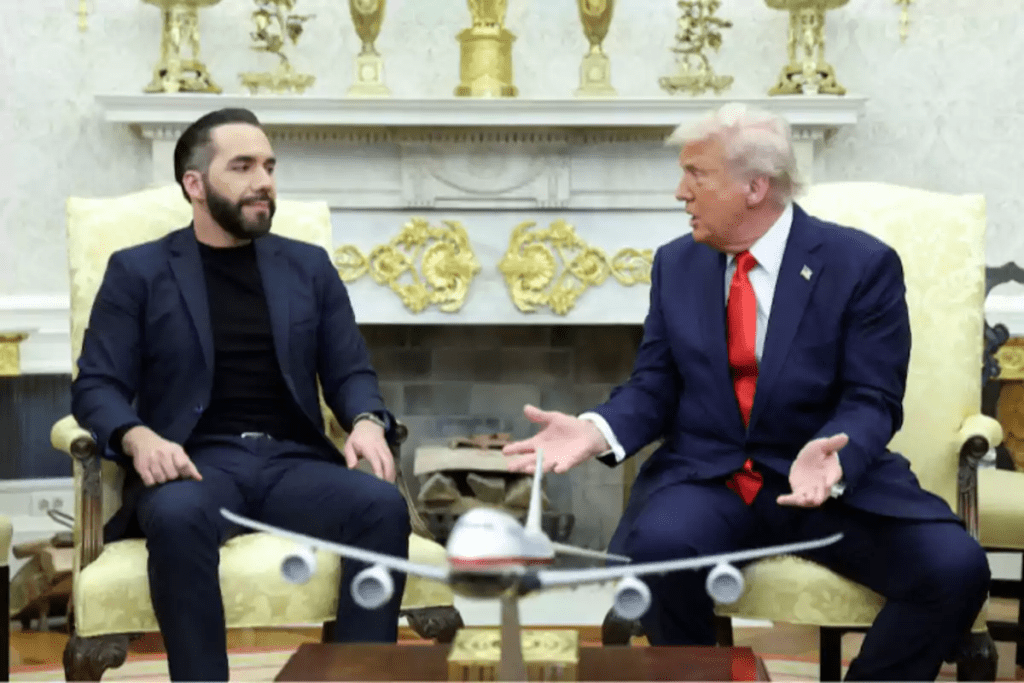
As November’s harvest moon rises over the Everglades, these deals feel less like diplomacy and more like deliverance, a heartfelt hand extended to families weary from wallet woes. In Trump’s America, where the roar of progress meets the rhythm of real life, coffee brews a little richer, steaks sizzle a little sweeter, and bananas bend toward brighter tomorrows. It’s a story of leaders like Milei and Bukele, kindred spirits in the fight for freedom, joining hands across hemispheres to lift the load on everyday shoulders. For the Johnsons and countless others, it’s not abstract economics—it’s the joy of a full fridge, the relief of a lighter bill, the quiet confidence that their president remembers the price of a pound of beef. In this grand bargain, America doesn’t just trade goods; it trades hope, one tariff trimmed at a time.



